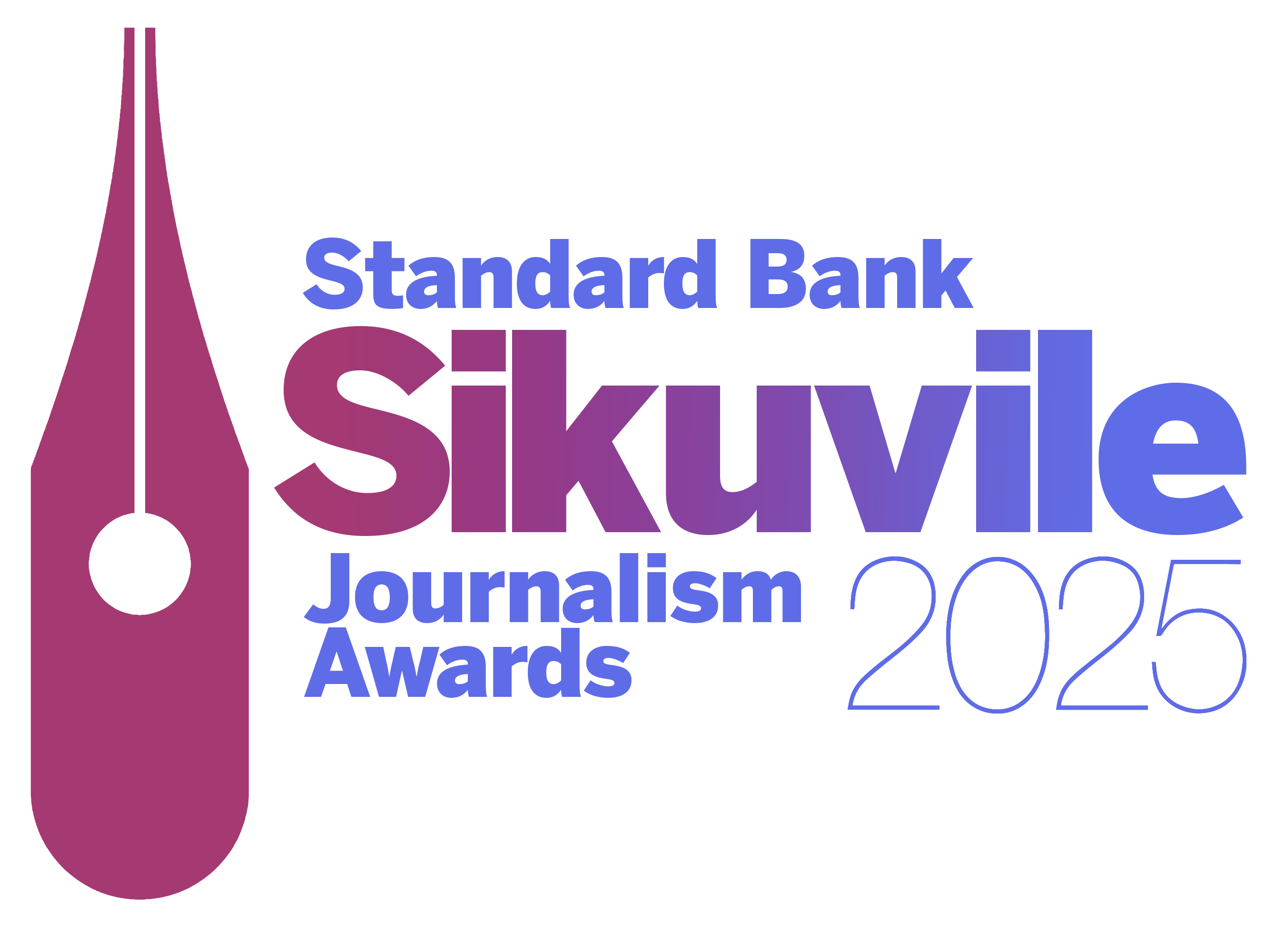FAQ's

Frequently Asked Questions
-
1. QUESTION
“I would like to support the initiative, but it is somewhat confusing. The Sikuvile awards are mostly “open” categories, which means if I, for example, enter in the investigative journalism category, I compete against the Amabungane and Scorpio teams. In just about all the categories it is not a fair playing field. This, however, is not a strange scenario and I don’t criticise this aspect of the competition. It’s not a competition meant for small local reporters. The category that seemingly caters for “us”, is the indigenous language reporting in community media. (Note that it’s the only category specifying community media.) Let’s presume that the judges don’t use the MDDA’s definition of community media and that it is open to all local publishers. The judging criteria in this category is extremely vague. I quote from the website: “This category entails news articles/broadcasting clips that are the result of proactive reporter enterprise. It is distinct from breaking news and represents stories that are initiated from the newsroom.” Nowadays most of our reporting (local) in any case does not focus on breaking news but is a result of following up on leads. This means that in theory, we can enter the bulk of our articles, provided that it’s written in an indigenous language. How will this be judged? Investigative pieces against human interest stories? Also – do website translations qualify? I just find that the only category aimed at local publishers is extremely broad and vaguely defined.”
RESPONSE
The judges judge the journalism, not who has produced it. We are looking for excellence. We expect editors to support entries that are outstanding, not just because they were published.
The indigenous languages category includes all kinds of stories, including investigative and human interest. As long as they are published in an indigenous language. There are separate categories for investigative, feature and lifestyle journalism published in English or Afrikaans. Website translations do not qualify, because an entry in the indigenous languages category must have been originally published in an indigenous language.
There are two categories, not one, that may appeal to “local” publishers – 2. Indigenous Language Reporting In Community Media and 3. Community Service Reporting.
2. QUESTION
“For now if they could please give clarity on whether translations qualify. We try and translate many of our articles into Tshivenda, but this means we’d have to enter the journalist and the translator.”
RESPONSE
No, translations do not qualify. An entry in the indigenous languages category must have been originally published in an indigenous language.
3. QUESTION
“Am I right to believe that if I enter for some category in indigenous languages, I simply use original articles in the publishing language. I believe there is no need for any translation. Am I right? I am totally against any form of translation as that would mean, in my view, that a cold steel English knee continues to be placed on African languages, preventing them from breathing.”
RESPONSE
You are correct. An entry in the indigenous languages category must have been originally published in an indigenous language.
4. QUESTION
“This is a very relevant discussion. The options to translate content are simply so much more with AI and the quality of the AI-generated translations is in some cases simply unbelievable. Is a competition such as the Sikuvile one about the message or how it is being conveyed? Let me try and use an example: Vrye Weekblad uses Afrikaans as the primary language on their website. For a couple of months now the option is there for the reader to click a button and have an English version displayed. You can even set your preferences to by default have the articles displayed in English. Should a journalist from Vrye Weekblad enter his or her work, should it be presented in Afrikaans or English format? Will it matter? If the Sikuvile awards is about encouraging publishers to use indigenous languages, translations will probably be acceptable. If we have a good journalist who picked up on a story and presents it to us in English (because we serve a mixed readership and don’t have space in the newspaper to carry translations), should she be penalised for that? On the website, where space is not a concern, we then carry the translation. But this is not such a straightforward issue. Personally, I believe there should be an emphasis on original content, and I don’t think translations should be accepted in this specific category.”
RESPONSE
Afrikaans does not qualify for the indigenous languages category.
An entry in the indigenous languages category must have been originally published in an indigenous language. If the article was originally published in English, it may be entered in the 3. Community Service Reporting category.
